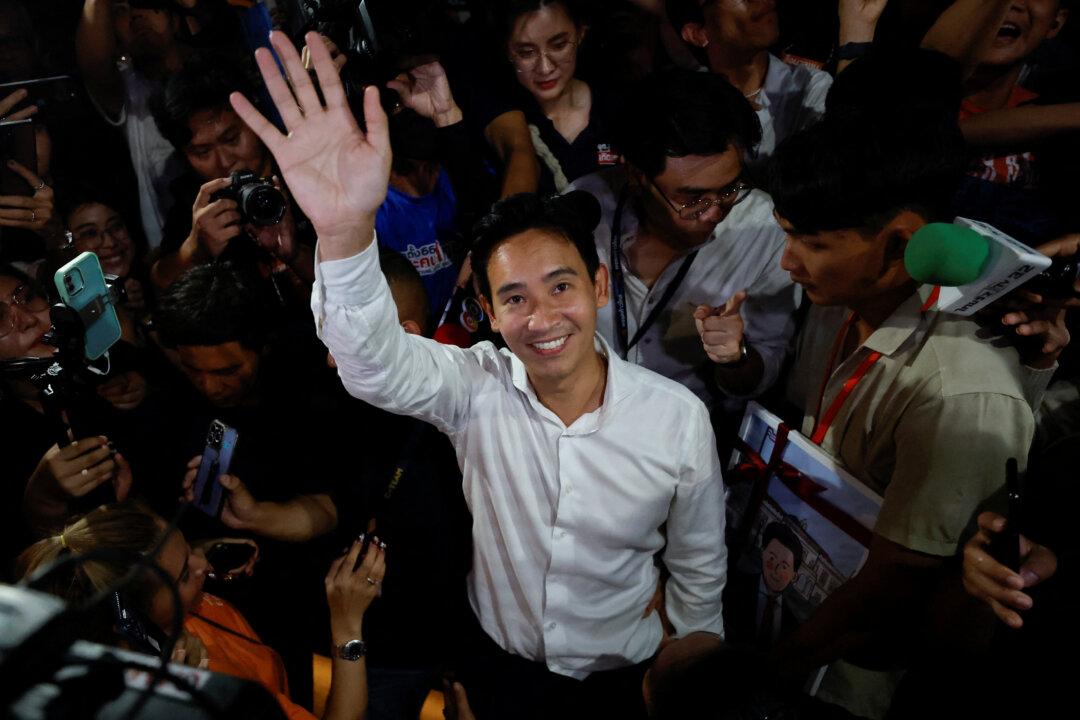Thailand’s polling body said Monday that it will investigate if front-running prime ministerial candidate Pita Limjaroenrat is qualified to run for office, which could derail his plan of forming a new government.
The Election Commission said the probe will determine whether Pita ran in last month’s election despite being aware of his disqualification owing to his ownership of shares in media firm ITV, which violates election rules.





